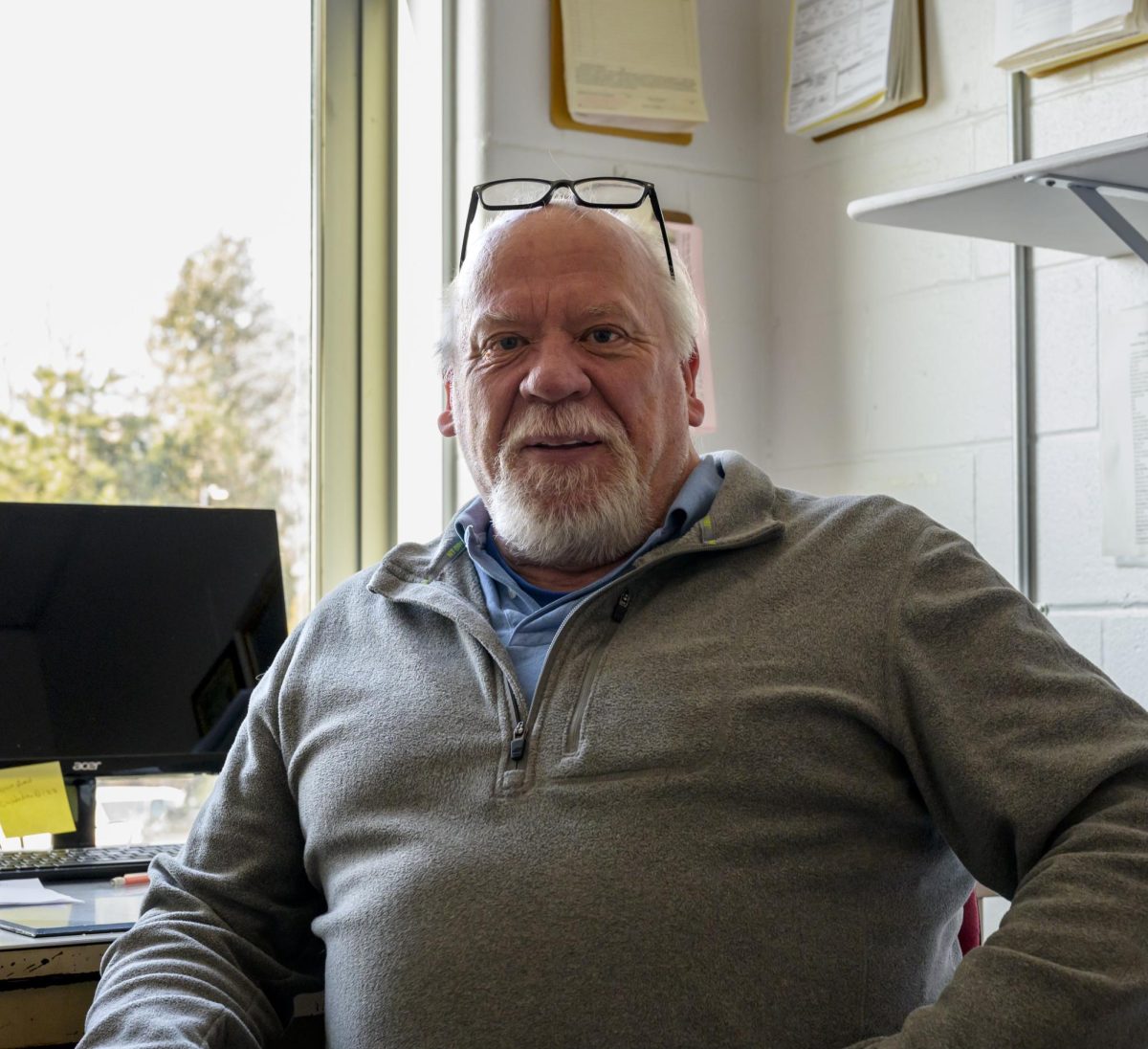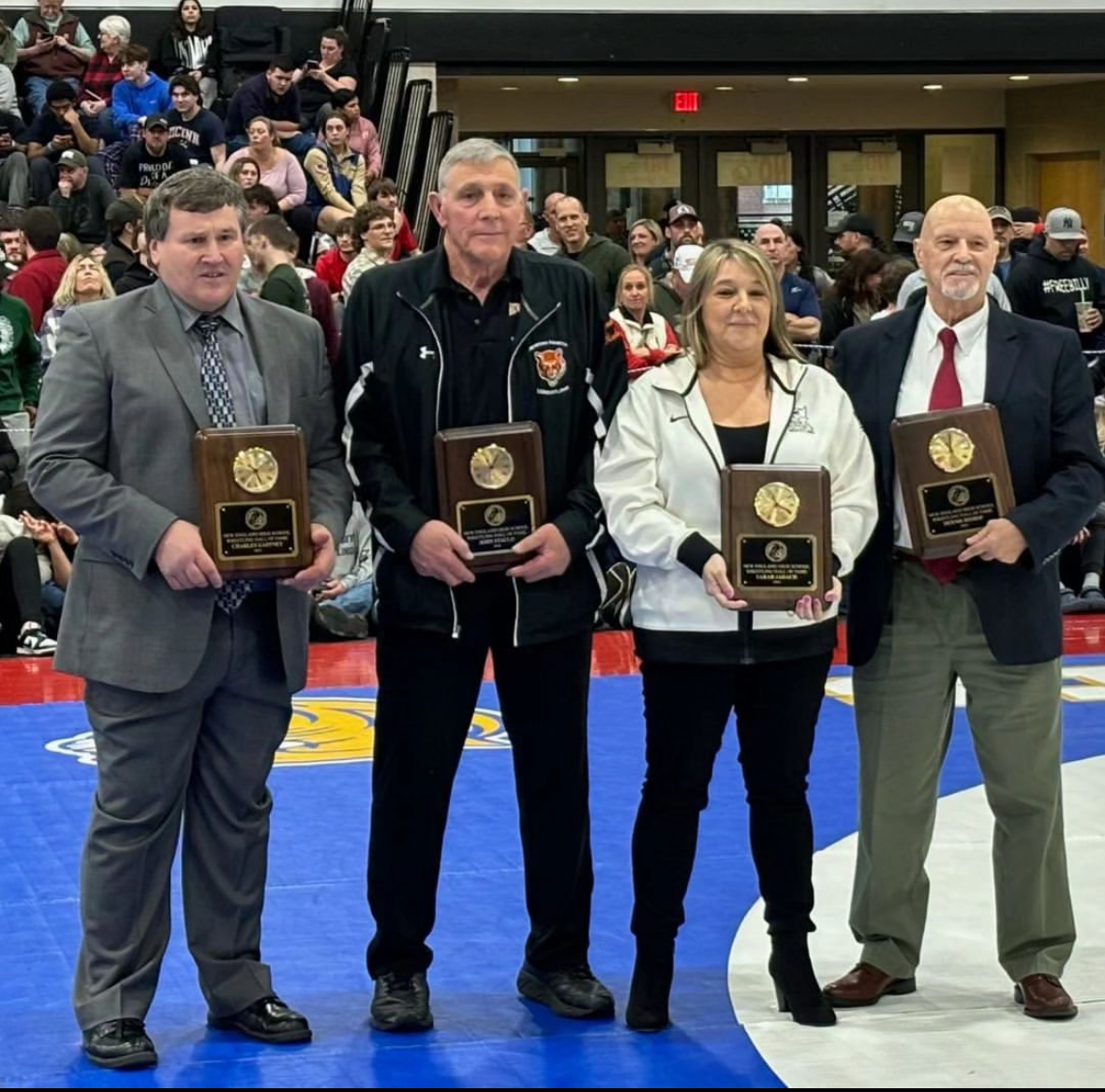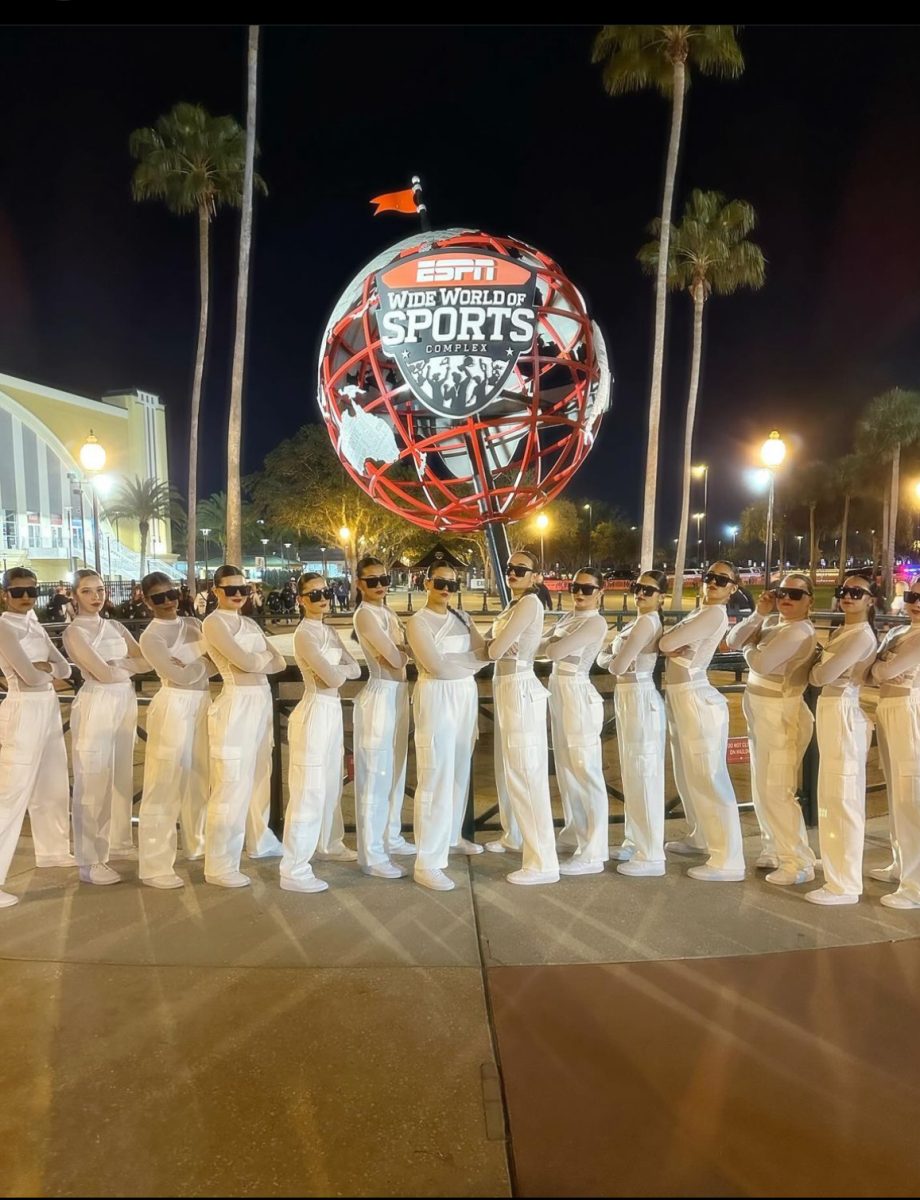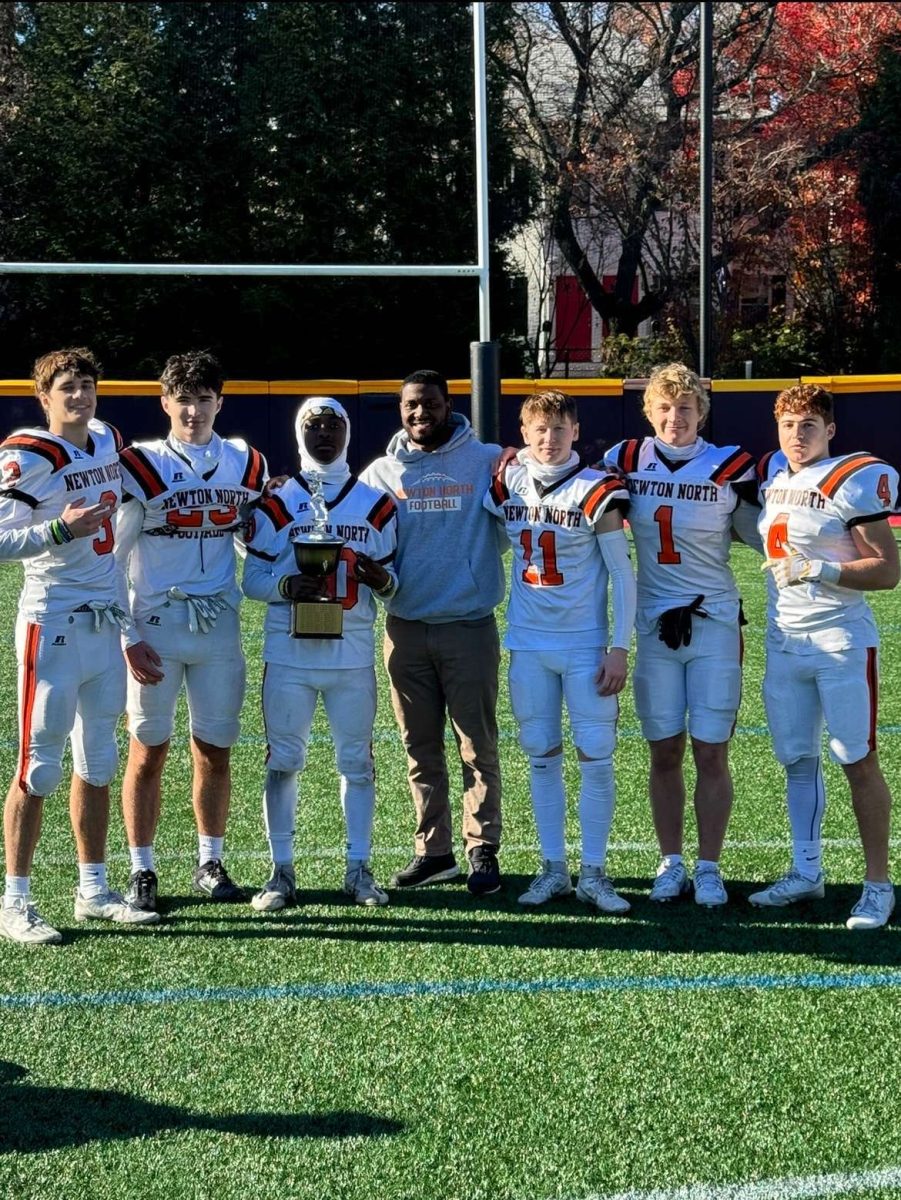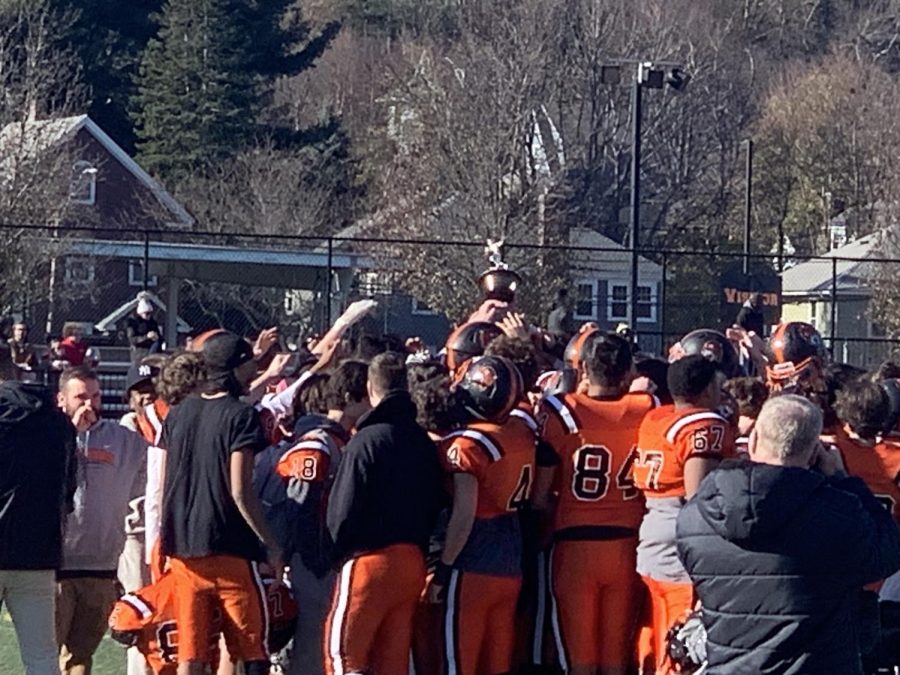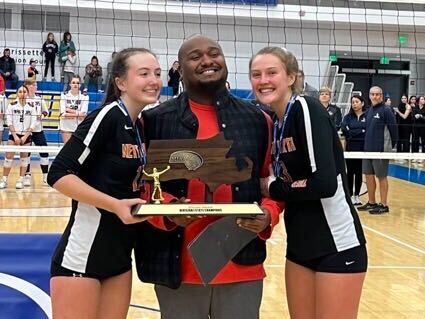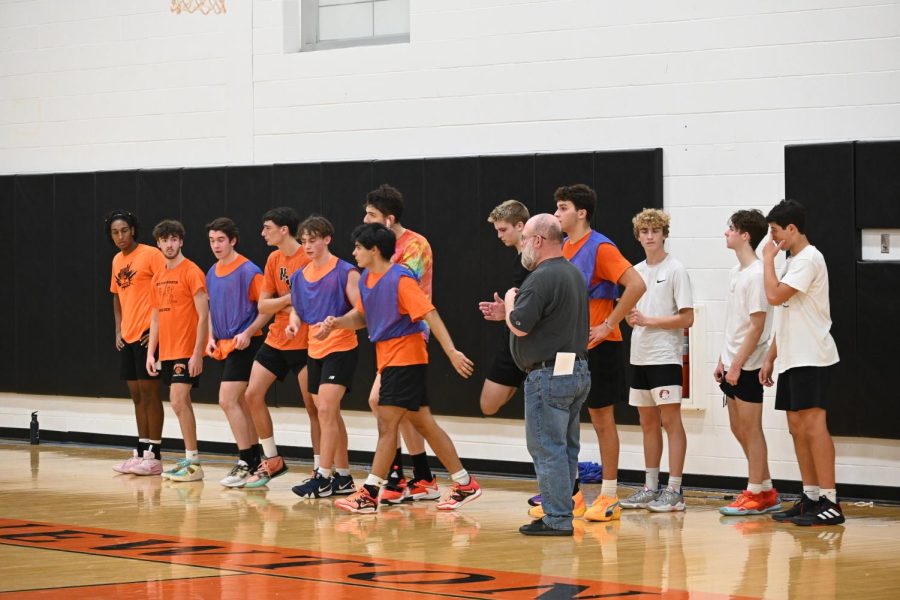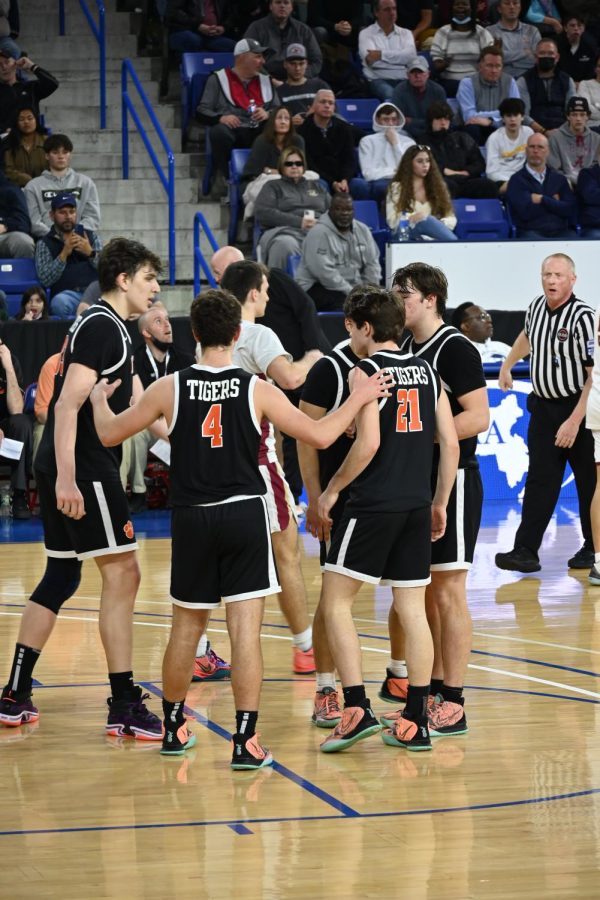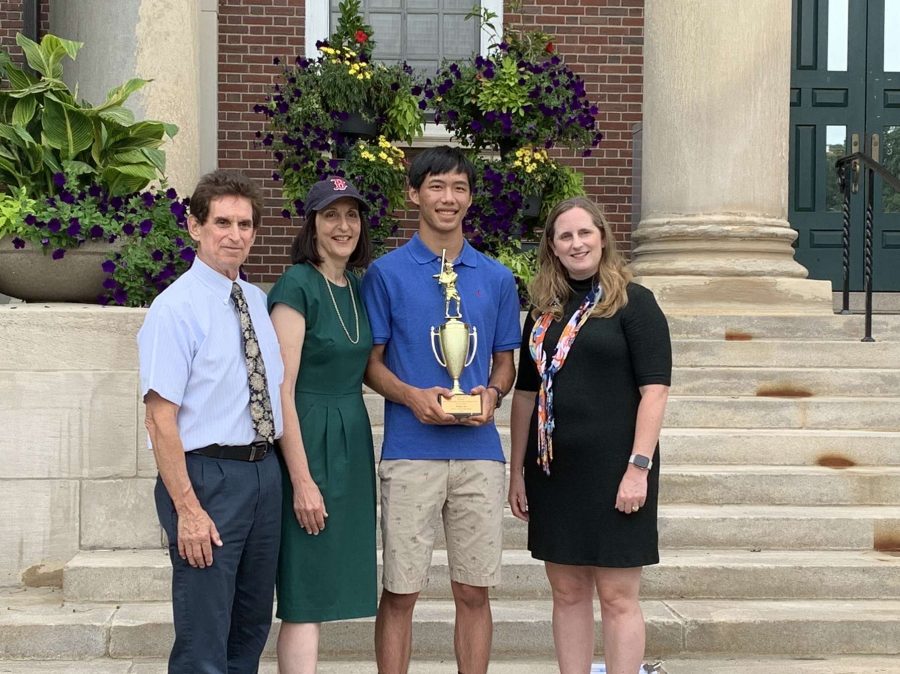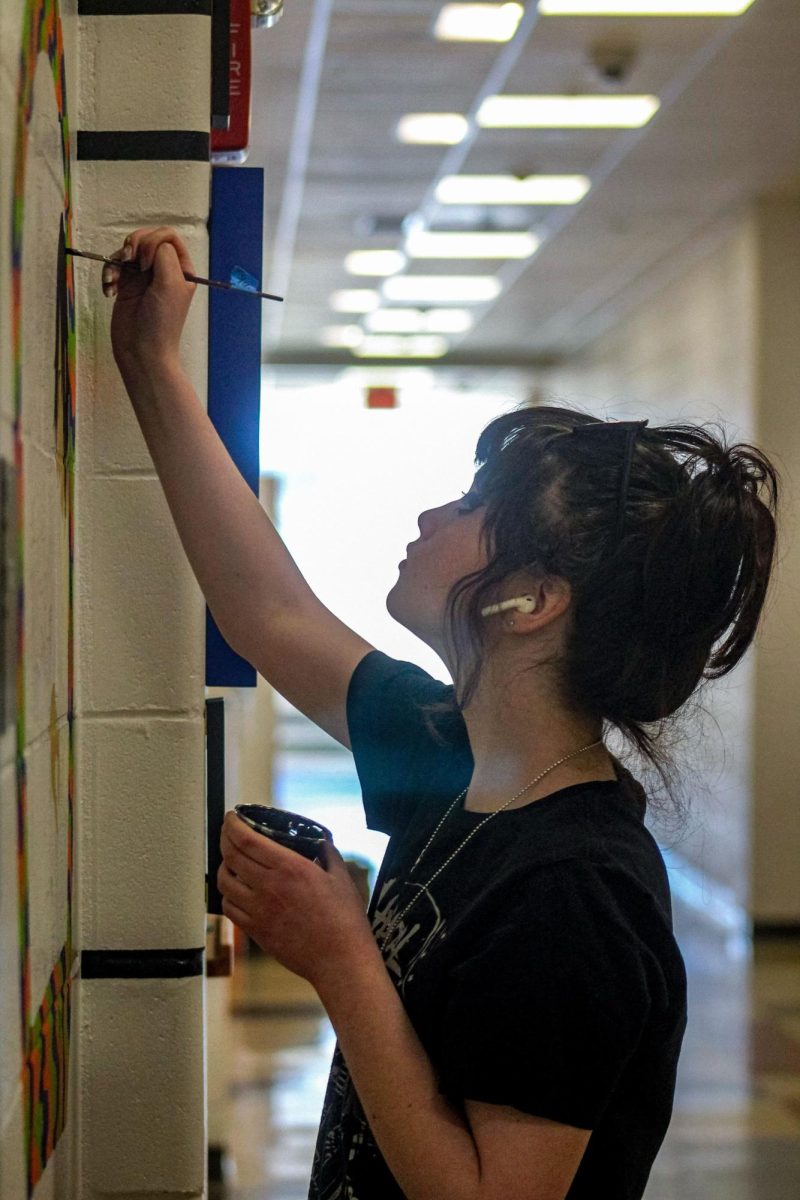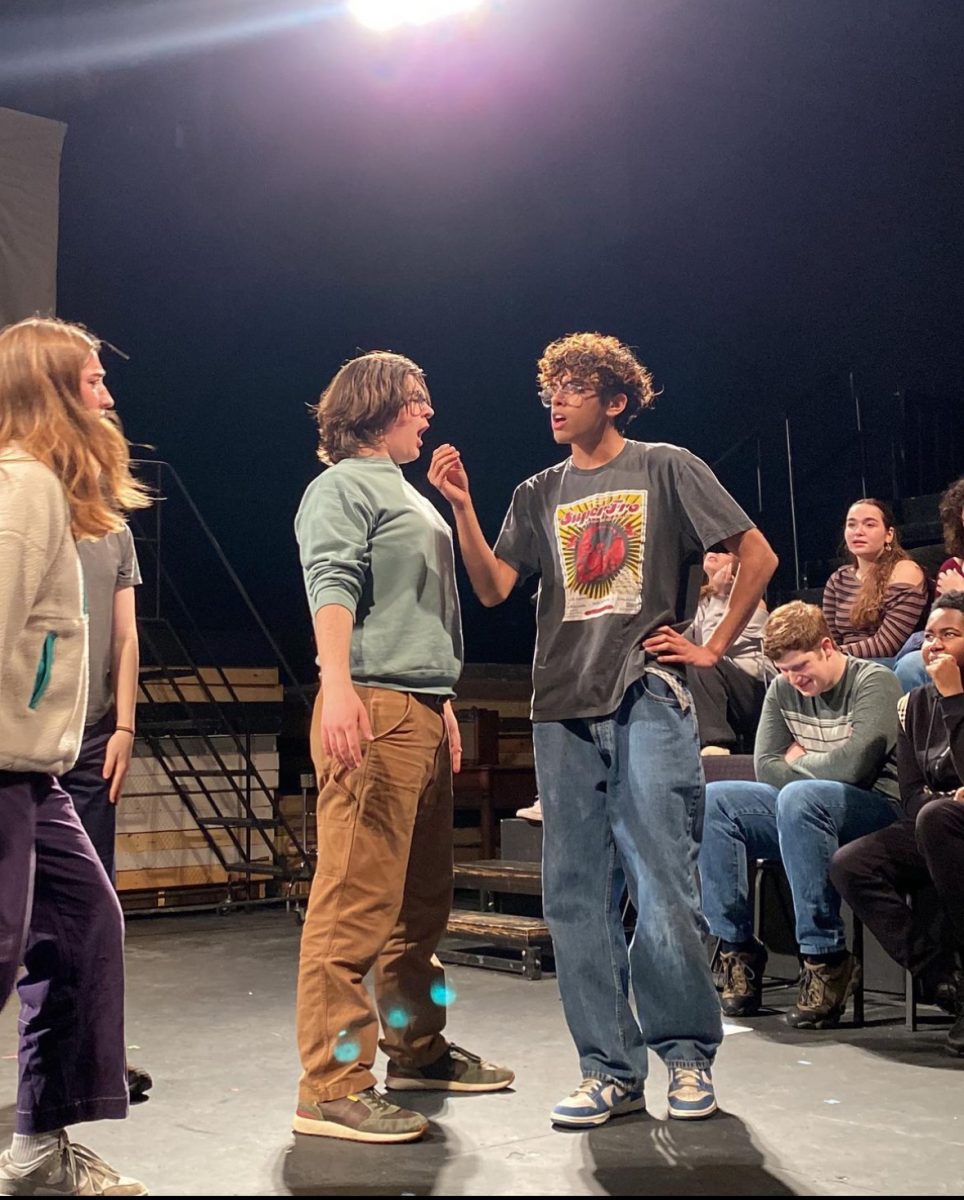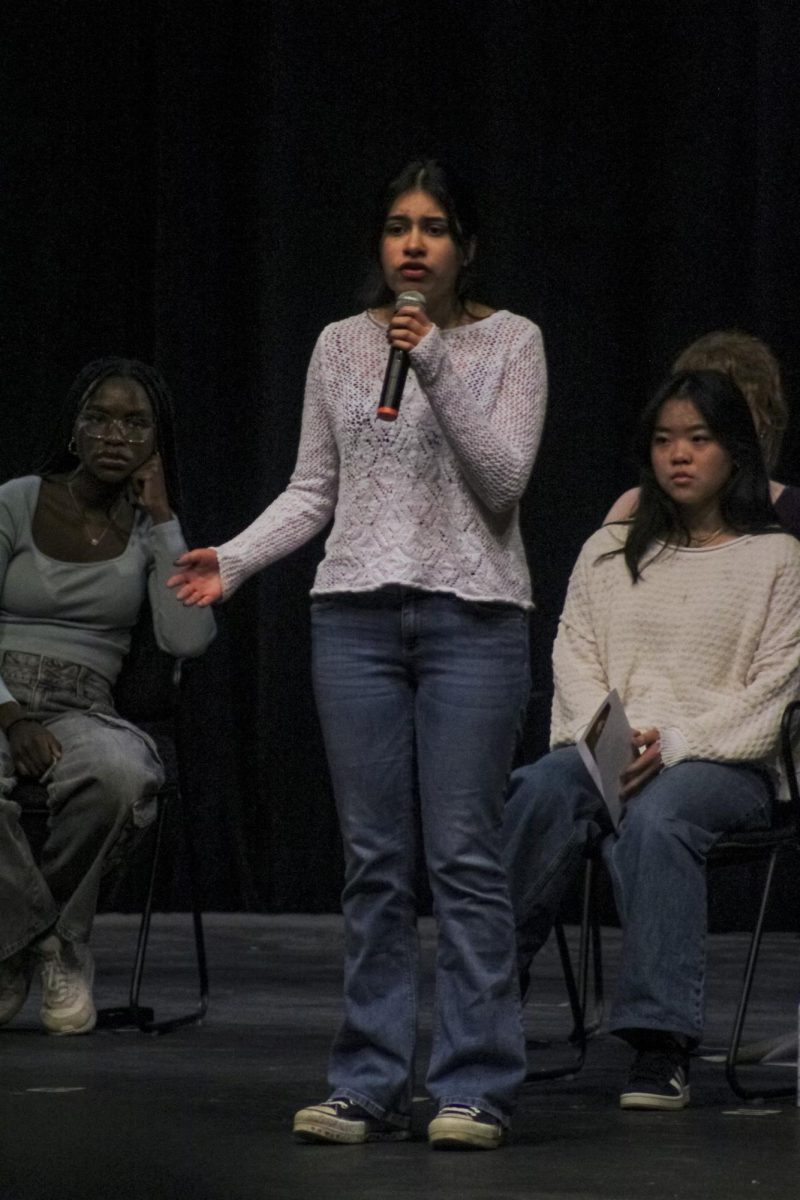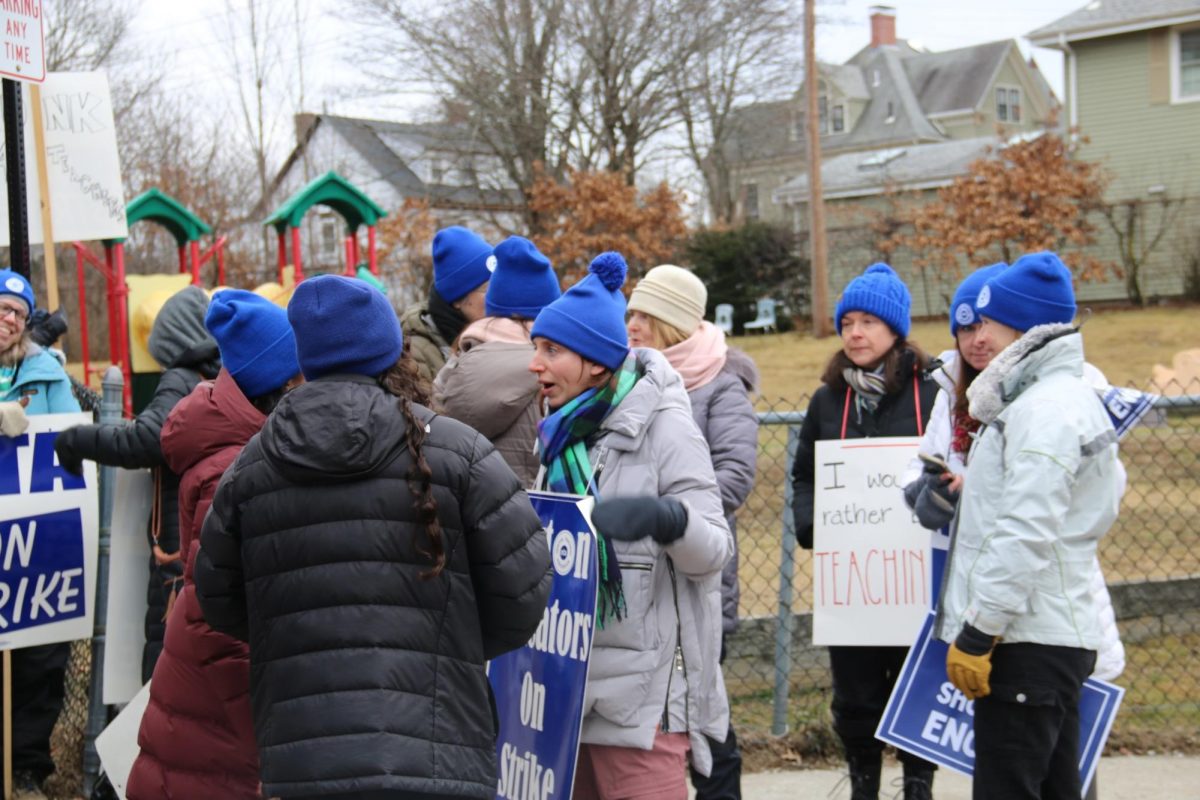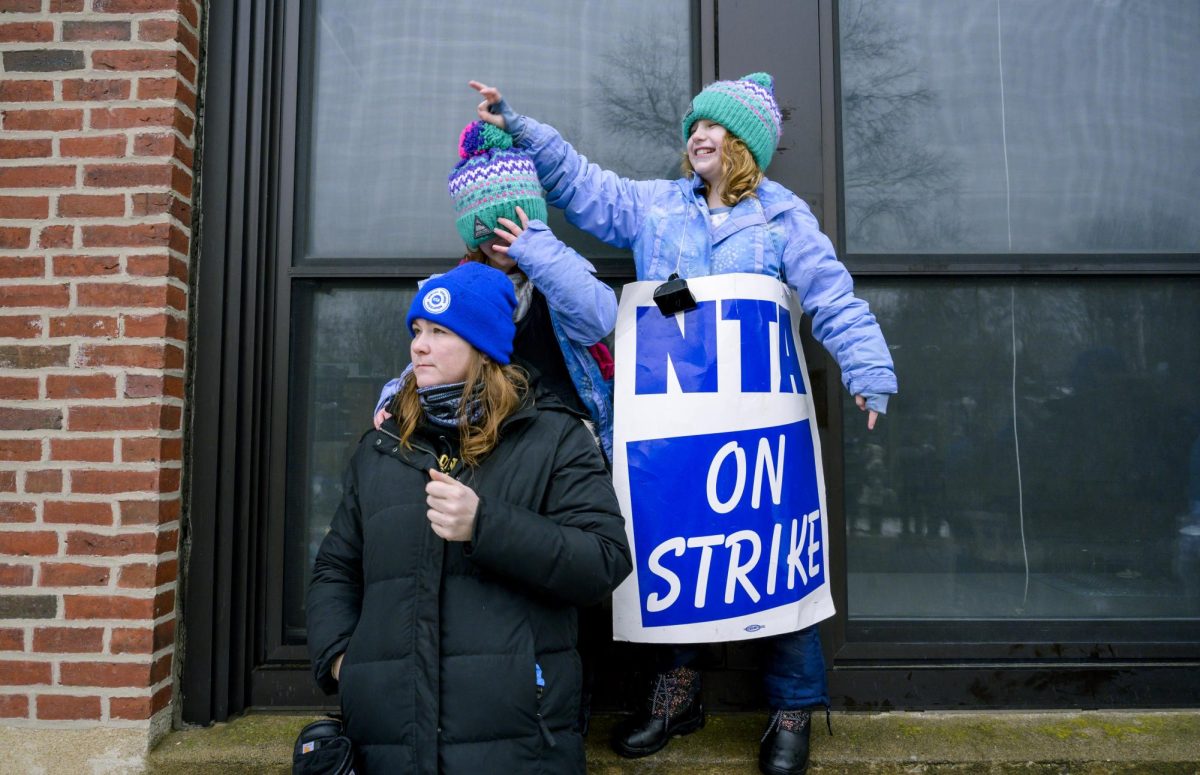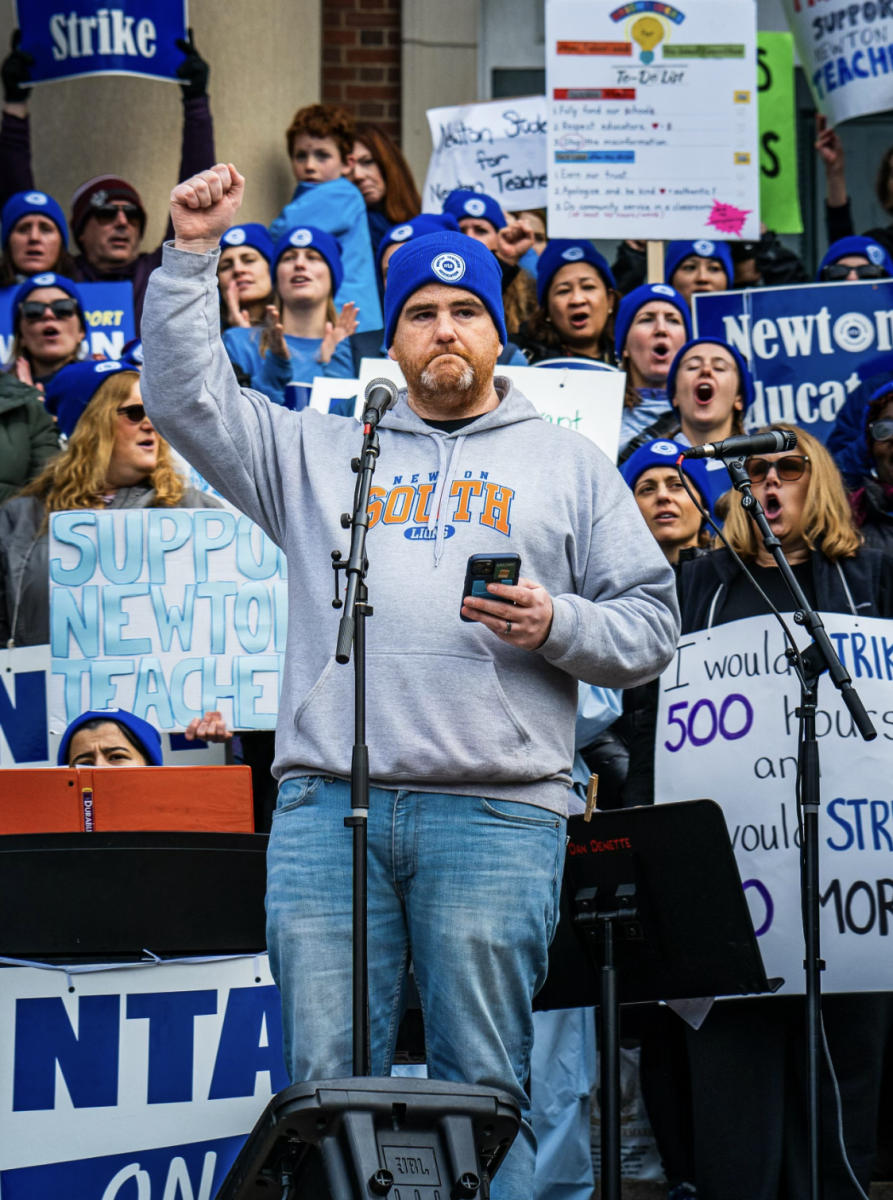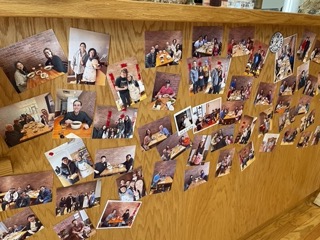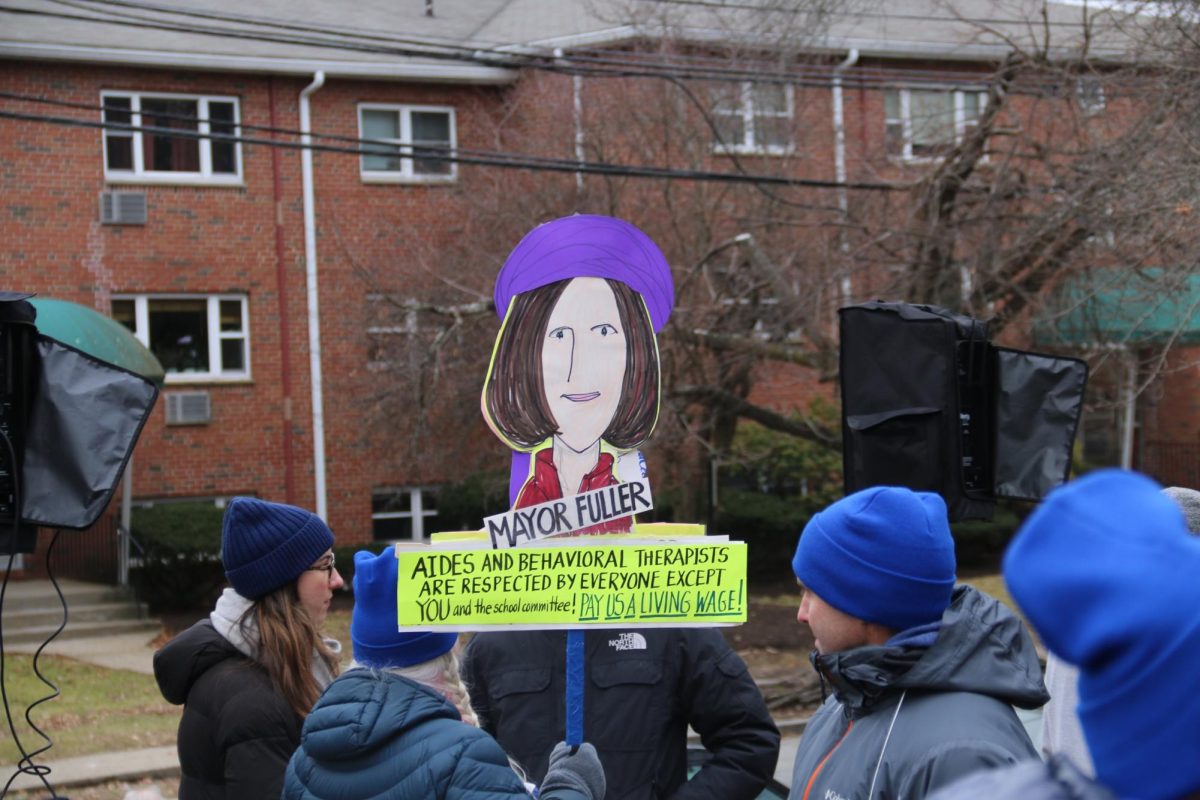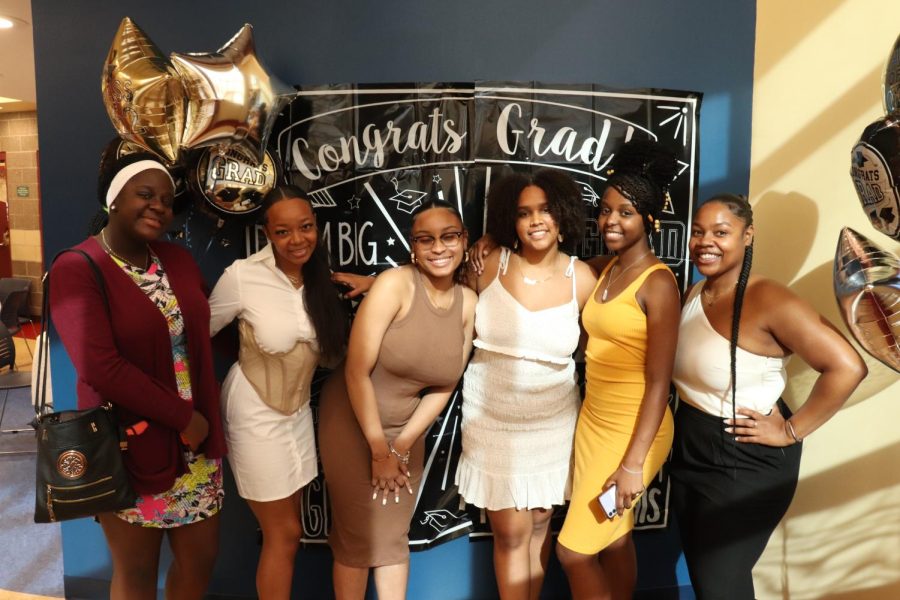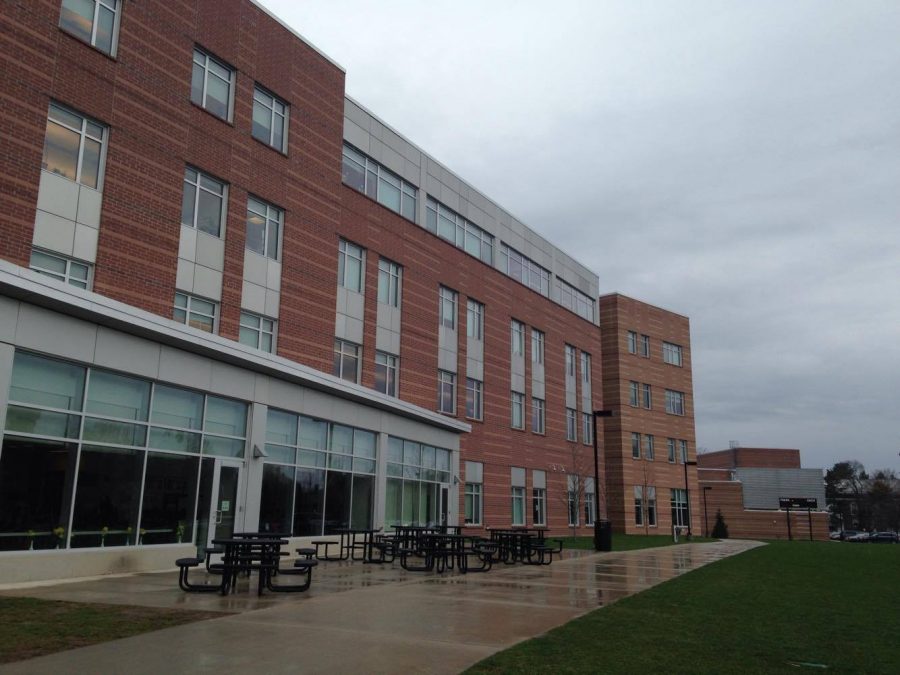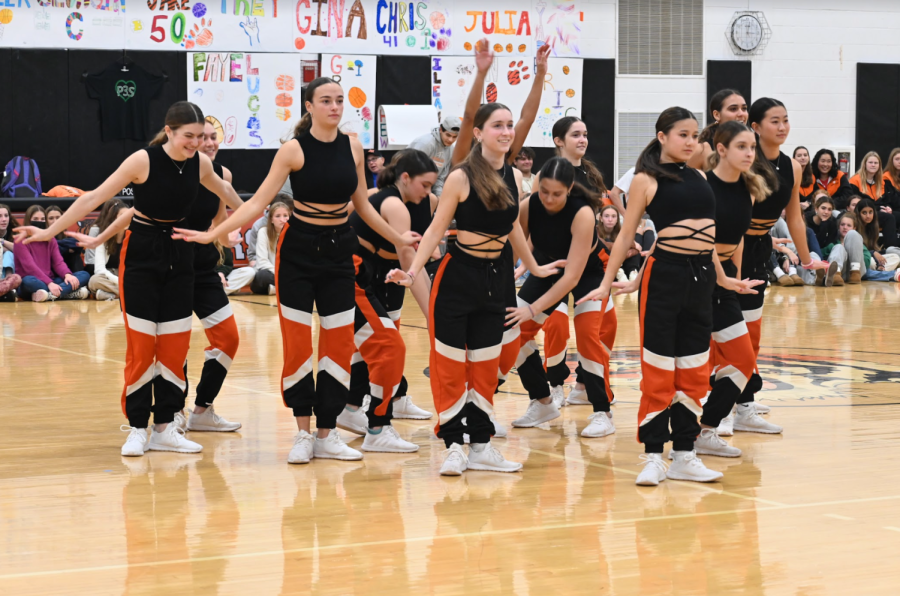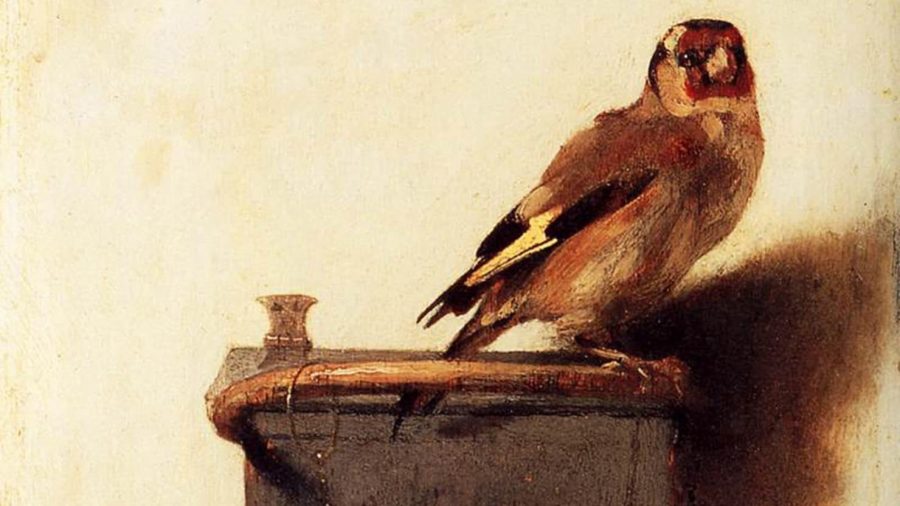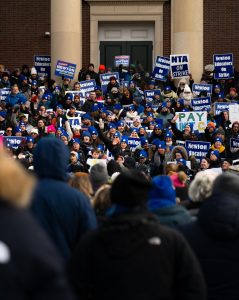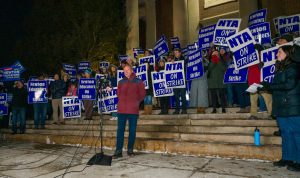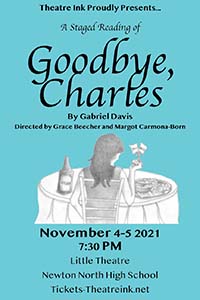by Julia Moss
Religious leaders of all different faiths came together to discuss religious tolerance in the United States as a part of the Religion Panel.
The panelists were Reverend Brandon Crowley of Myrtle Baptist Church, Rabbi Eric Gurvis of Temple Shalom, Pastor Richard Malmberg of the Second Church of Newton and Asif Rasvi, a past president of the Islamic Center of Boston and a surgeon by profession. Superintendent David Fleishman moderated the discussion.
Reverend Crowley spoke about experiencing intolerance in his own life. He told the audience about being “kicked out” of his own church in his hometown of Rome, Georgia, because he defended gay marriage.
Crowley also shared his thoughts about why religious intolerance occurs. “I believe that faith traditions are different ways of articulating and describing a God that we have never seen,” he said. “The problem is, we all think that we are the only one who has the answer. That’s where religious tolerance comes in.”
Rabbi Gurvis talked about the roles of religion and tolerance in Zeitoun. Gurvis said, “It didn’t matter that Zeitoun was American, that he was risking his life to help others. He was essentially told: your religion is wrong; your narrative is wrong; your color is wrong.”
Gurvis also said that individuals, not religions, are responsible for acts of intolerance, like those described in Zeitoun.
“It is easy and convenient to say that all this is about religion. That lets people off the hook. All different religions teach us that every human being is a reflection of God. We need to make the distinction that religion doesn’t do these things, but individual people do.”
Malmberg talked about the positive effects of religions during times of crisis. “We see the least admirable aspects come out of our religions in events like Hurricane Katrina, but we also see the best aspects,” he said.
“For example, after Katrina, our church teamed up with a synagogue to gather food and clothes to donate. People do bad things—people also do wonderful things. We are all created in the image of God, and and we can rise to act out divine purposes if we do it with humility and compassion.”
Malmberg added, “I was inspired by the example of faithfulness and righteousness by Zeitoun. He really lived up to his name, which means ‘faithful and observant one.’”
Rasvi concluded the discussion, agreeing with Gurvis. He said, “Zeitoun was about abuse of power. Regardless of religion, it might have happened anyway.”
Breaking News
- February 1Foreign exchange program departures set to proceed on schedule amid teacher strike
- February 1Teacher strike reaches two full weeks as contract negotiations continue to progress
- January 31Newton parent files lawsuit against NTA amid prolonged strike
- January 31Committee anticipates new union proposal on thirteenth day of strike
- January 30Rejected contract proposals prolong negotiations amid ongoing teacher strike
- January 28School days in jeopardy as contract negotiations continue, NTA compromise package awaits approval
- January 25Teachers strike marks seventh day with progress in ongoing negotiations
- January 25Controversy surrounds NPS instagram posts criticizing teachers’ strike
- January 25Congresswoman Ayanna Pressley supports Newton Teachers Association in urgent call for education funding
- January 23Teachers continue strike amid fines and ongoing negotiations
TOP POSTS
- Wrestling Head coach John Staulo honored with induction into New England Hall of Fame after 27 years of coaching at North
- North's jazz ensemble strikes gold at MAJE regional festival
- Art Major IV students paint new generation of murals
- Winter varsity dance team shines at UDA nationals despite budget cuts
- New cafeteria lunch containers help make North more sustainable
- Boys hockey falls to Weymouth at annual senior night
- Chicago brings the roaring 20s to Lasker Auditorium
- Improv Jam provides the audience with a top-tier experience interacting with the show
- Sophomore speeches showcase variety of underrepresented topics
- Mean Girls Adaptation Lacks Spark of Original Movie







